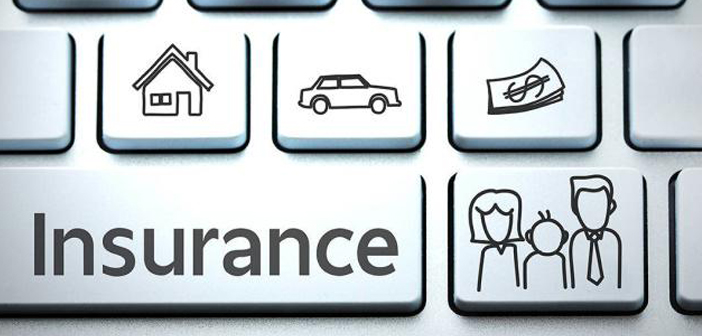Insurance is a means of protection from financial loss. It’s a form of risk management primarily used to hedge against the risk of a contingent, uncertain loss.
These losses may include:
- Damage due to an accident of a car. There’s car insurance it protects you if an accident occurs. The insurance covers you, your vehicle, and any other people that may have been involved. Protects you from being sued for damages to other person’s vehicle or property as well as from things like theft, hijacking and environmental damage.
- Homeowners insurance is actually mandatory when you have a mortgage. If you borrow money from the bank to purchase a home they’ll require the asset to be insured.
- Life insurance can meet several financial needs. It can replace lost income, help to pay any lingering debts after your death or pay for your children’s college education.
- Health insurance if you were to develop a serious illness or have an accident without being insured, you may find yourself unable to receive treatment or even in debt to the hospital.
When we buy insurance, we help protect ourselves from the financial risks of suffering an injury or fatality, or of damages from an incident. With the assistance from an insurance company which helps its clients.
As they’re are analysts who specialise in identifying potential causes of accidents or loss, recommending and implementing preventive measures, and devising plans to minimise costs and damage should a loss occur, through the purchase of insurance.
From an insurance perspective, we can see this technology as a way of managing risk, mitigating it and lowering the cost of insurance, to the ultimate benefit of the insured. As an anywhere any-time response to customers is taking top priority. The ‘virtual technology’ is providing easier and instantaneous ways for clients and insurers to obtain and update information, even enabling seamless and accurate billing via mobile applications.

